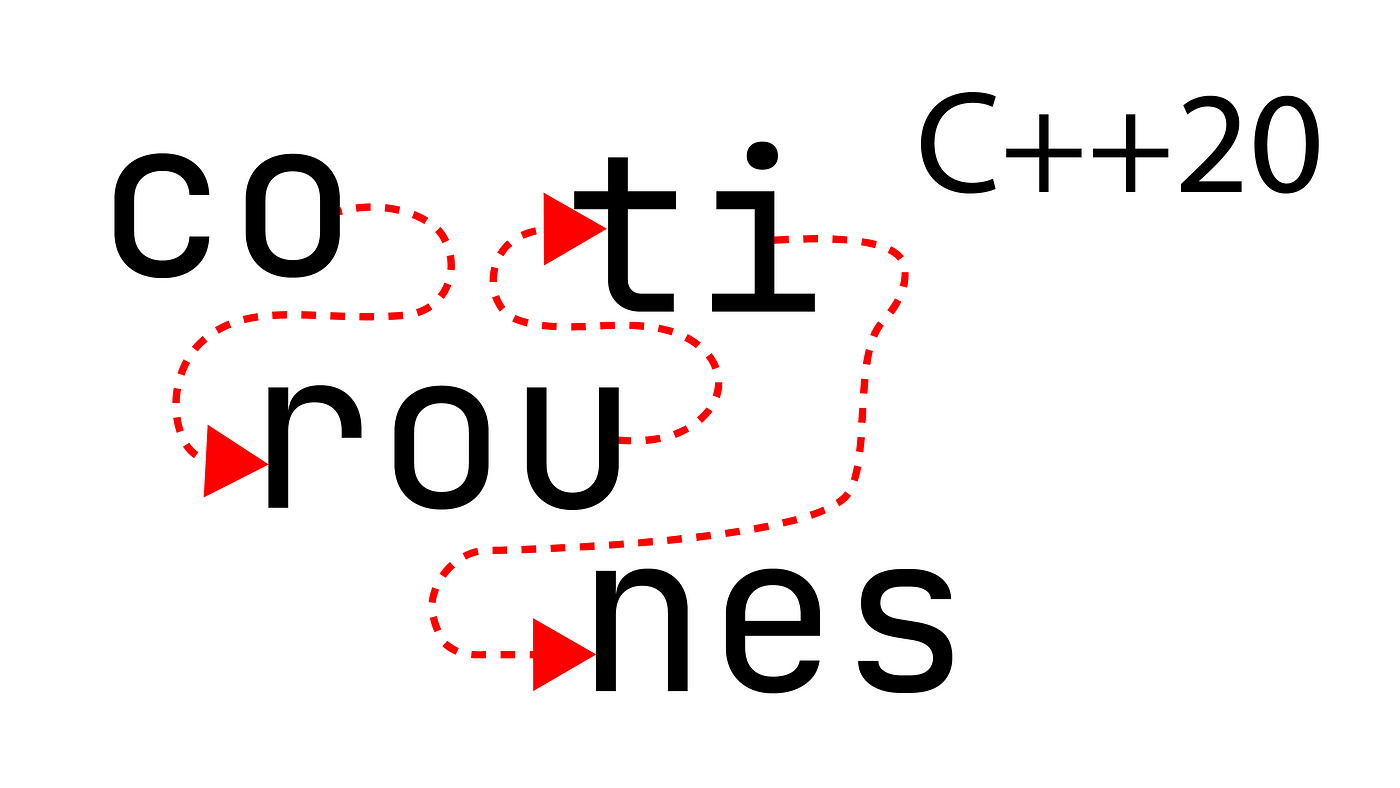Design Patterns VS Design Principles: Observer, State and Strategy
Do you know about them?
Design Patterns VS Design Principles: Observer, State and Strategy
by Jonathan Boccara
From the article:
In this series of articles on design patterns and design principles, we analyse how the 23 GoF design patterns relate to the 9 GRASP design principles.
In a previous article, we classified the GRASP patterns like this (excluding “Managing complexity”).
The study we perform in this series is helpful to understand better both the GoF and the GRASP, with the goal of taking better decisions when it comes to organizing our code.
The GoF design patterns come from the seminal Design Patterns book. The GRASP design principles are explained in Craig Larman’s Applying UML and Patterns.
In this episode of the series, we examine the Observer, State and Strategy design patterns...

 New capabilities.
New capabilities. Learn to use them.
Learn to use them.